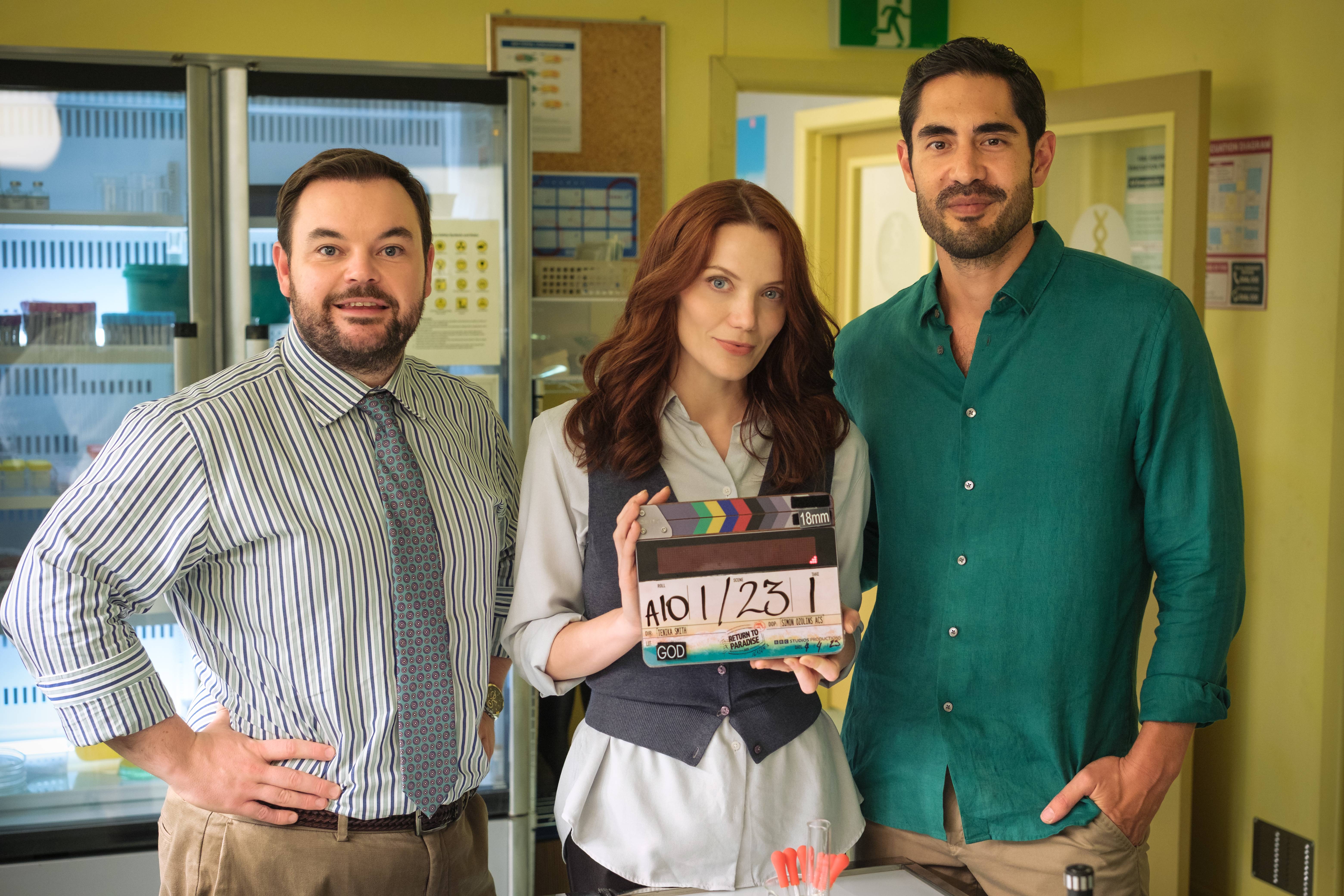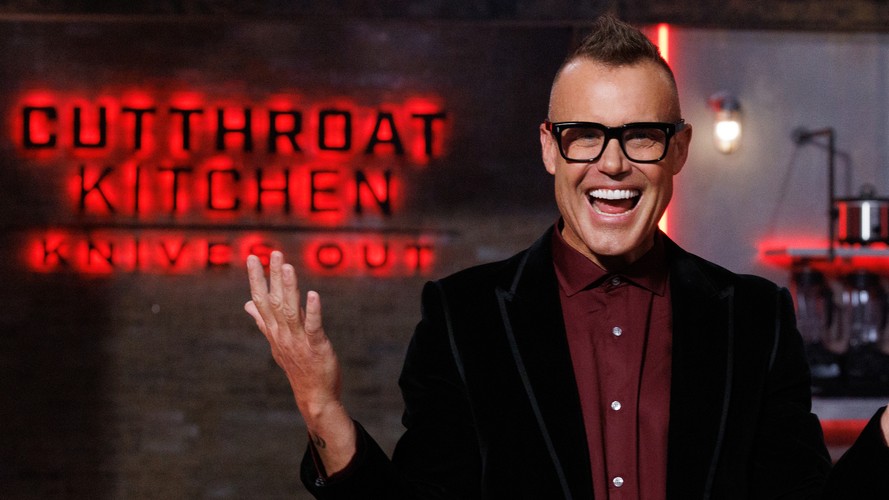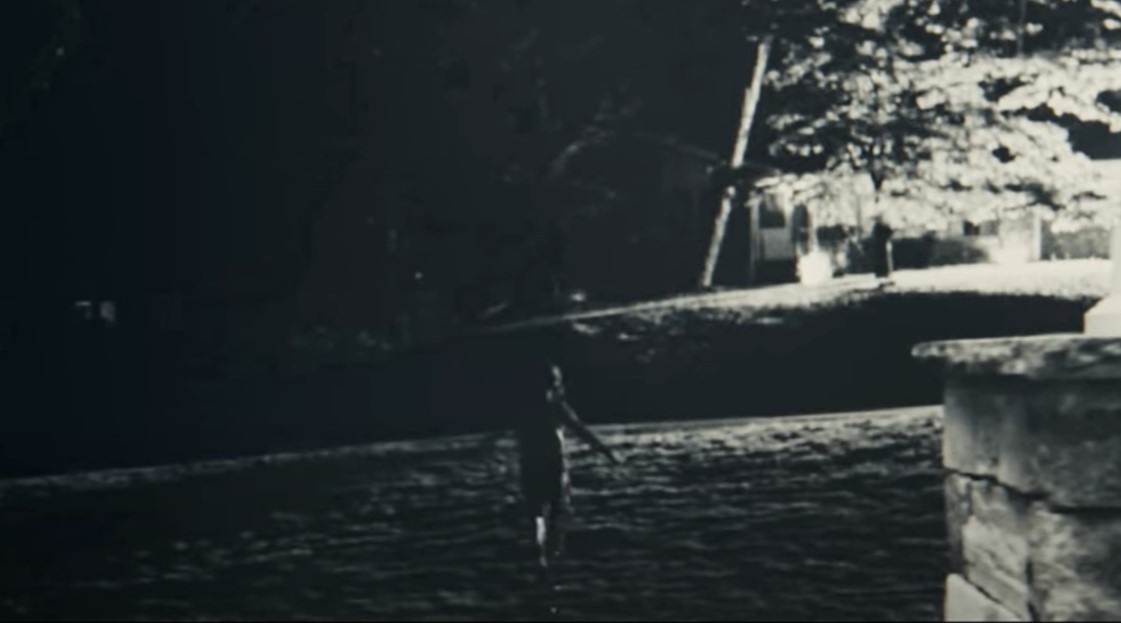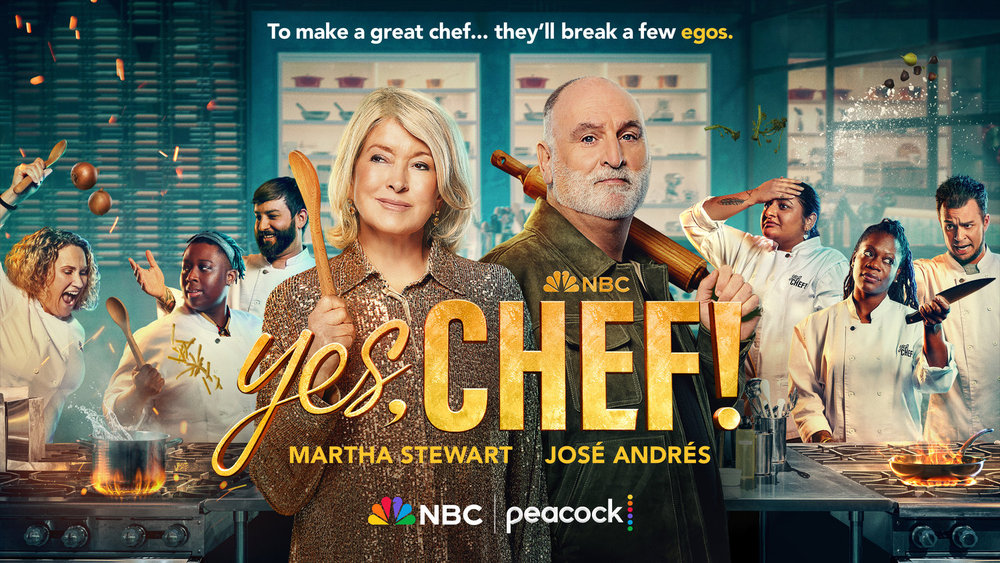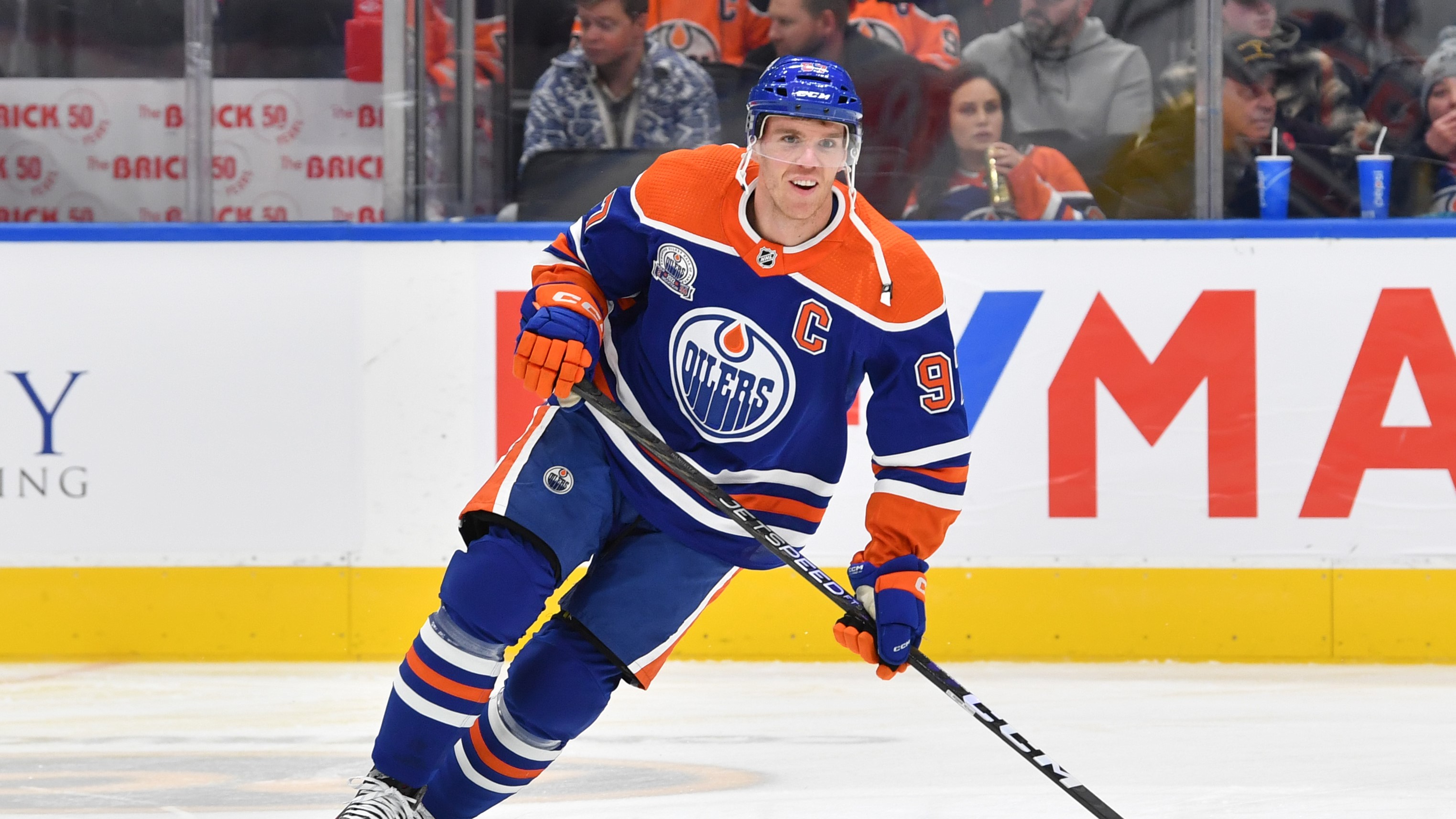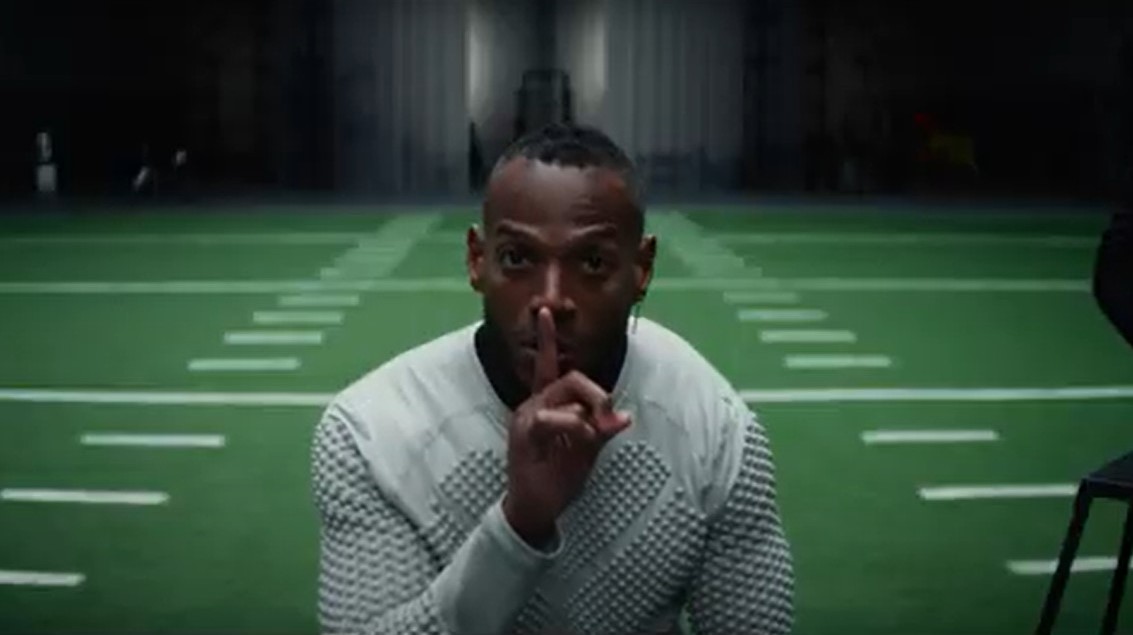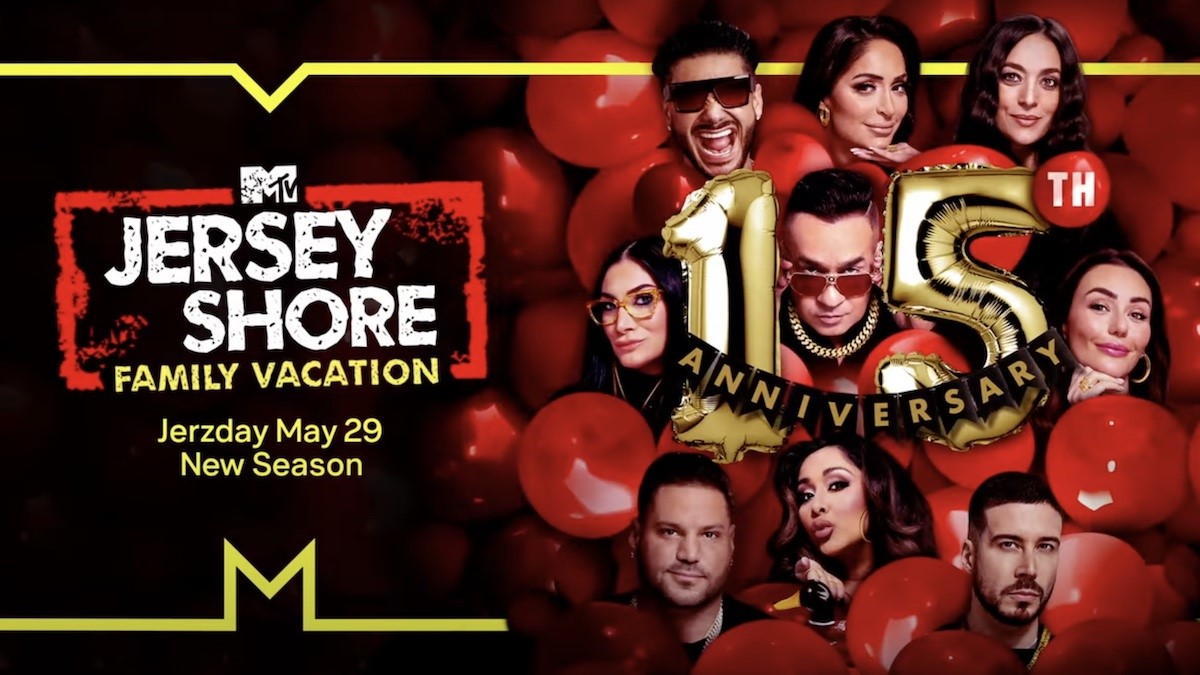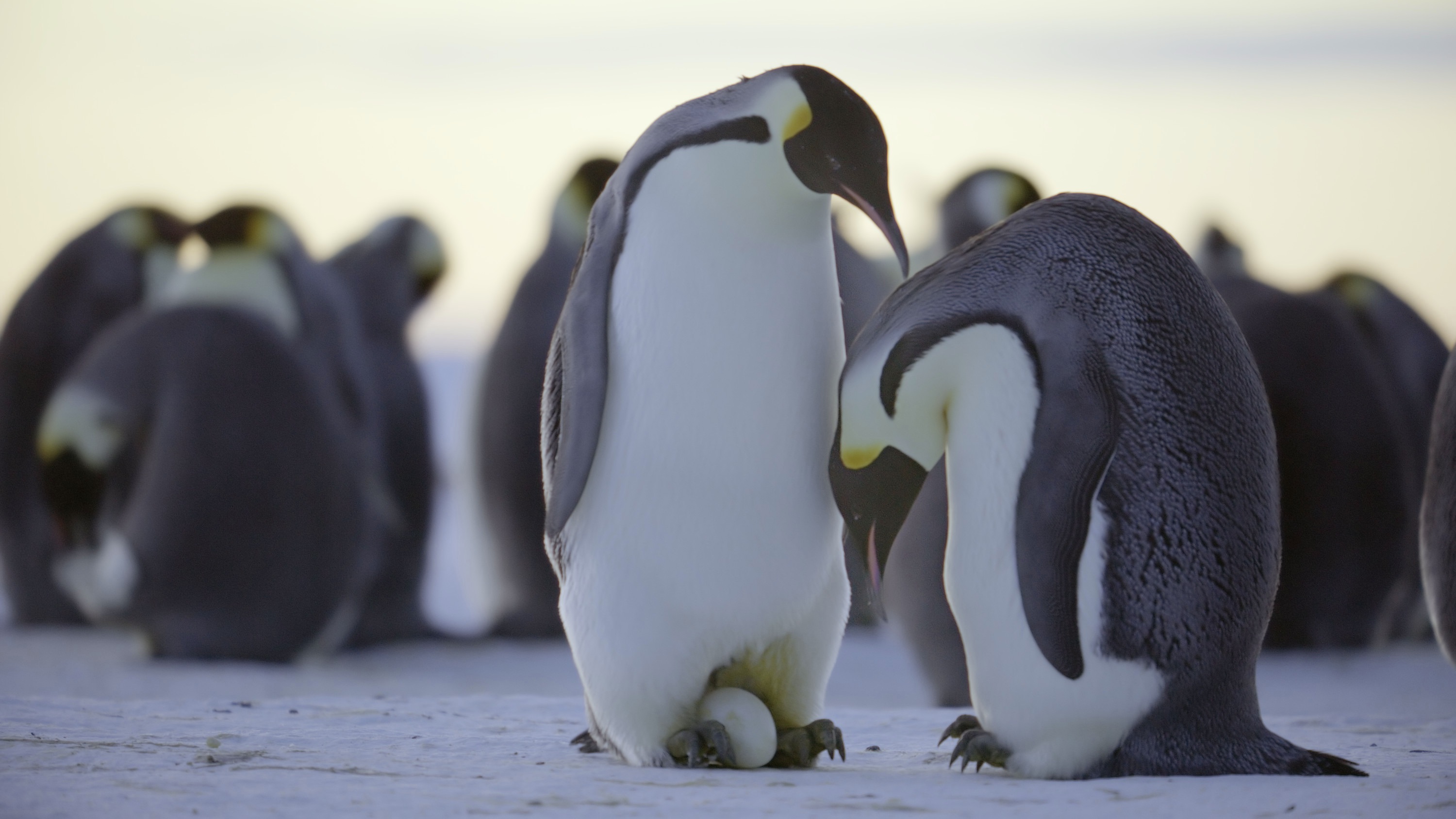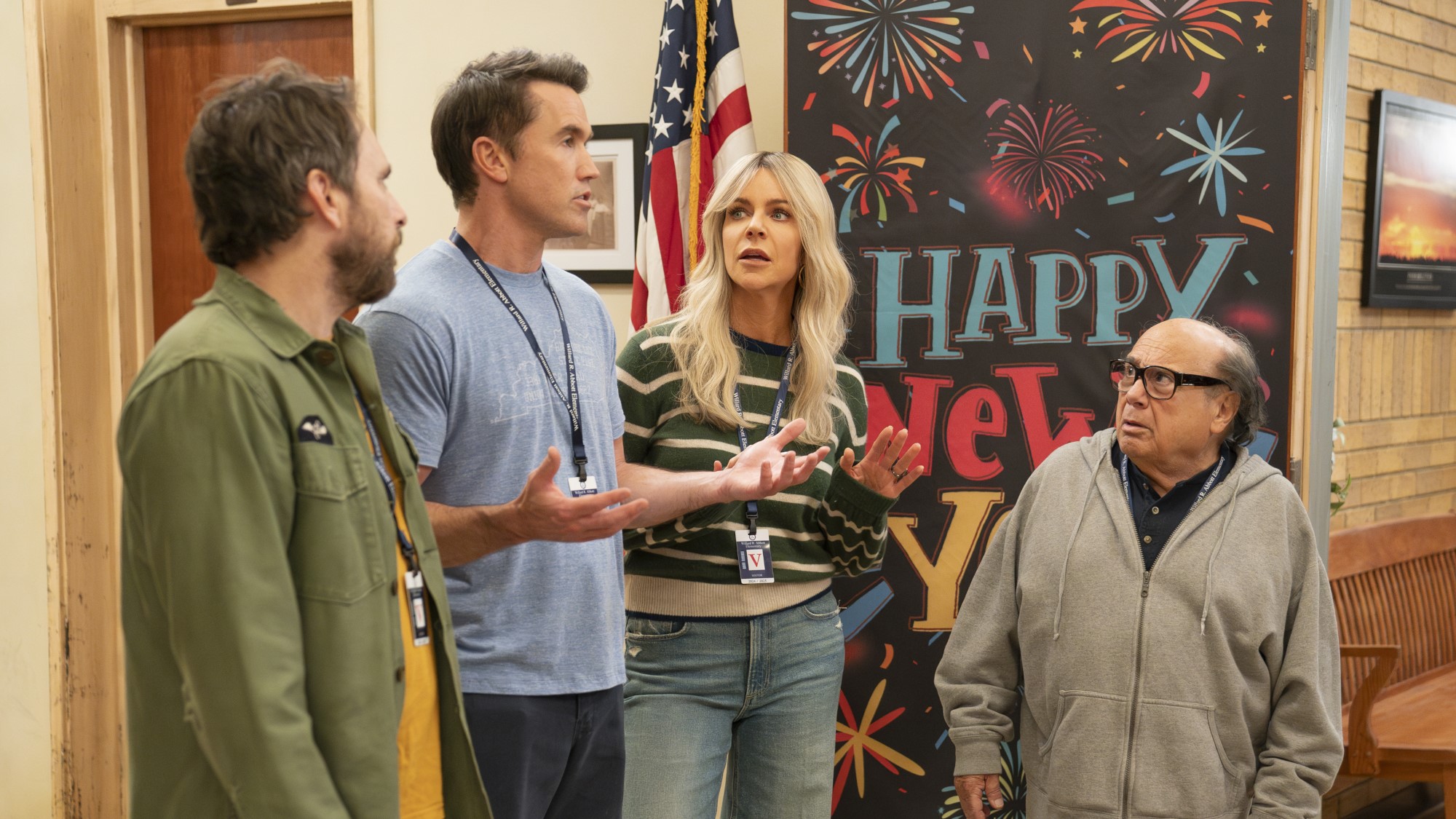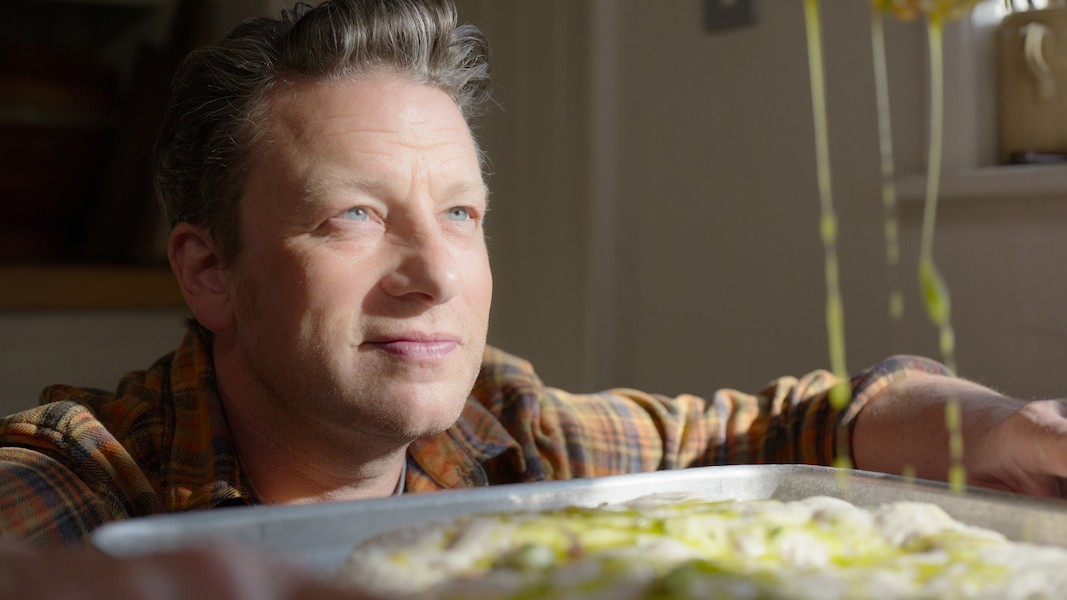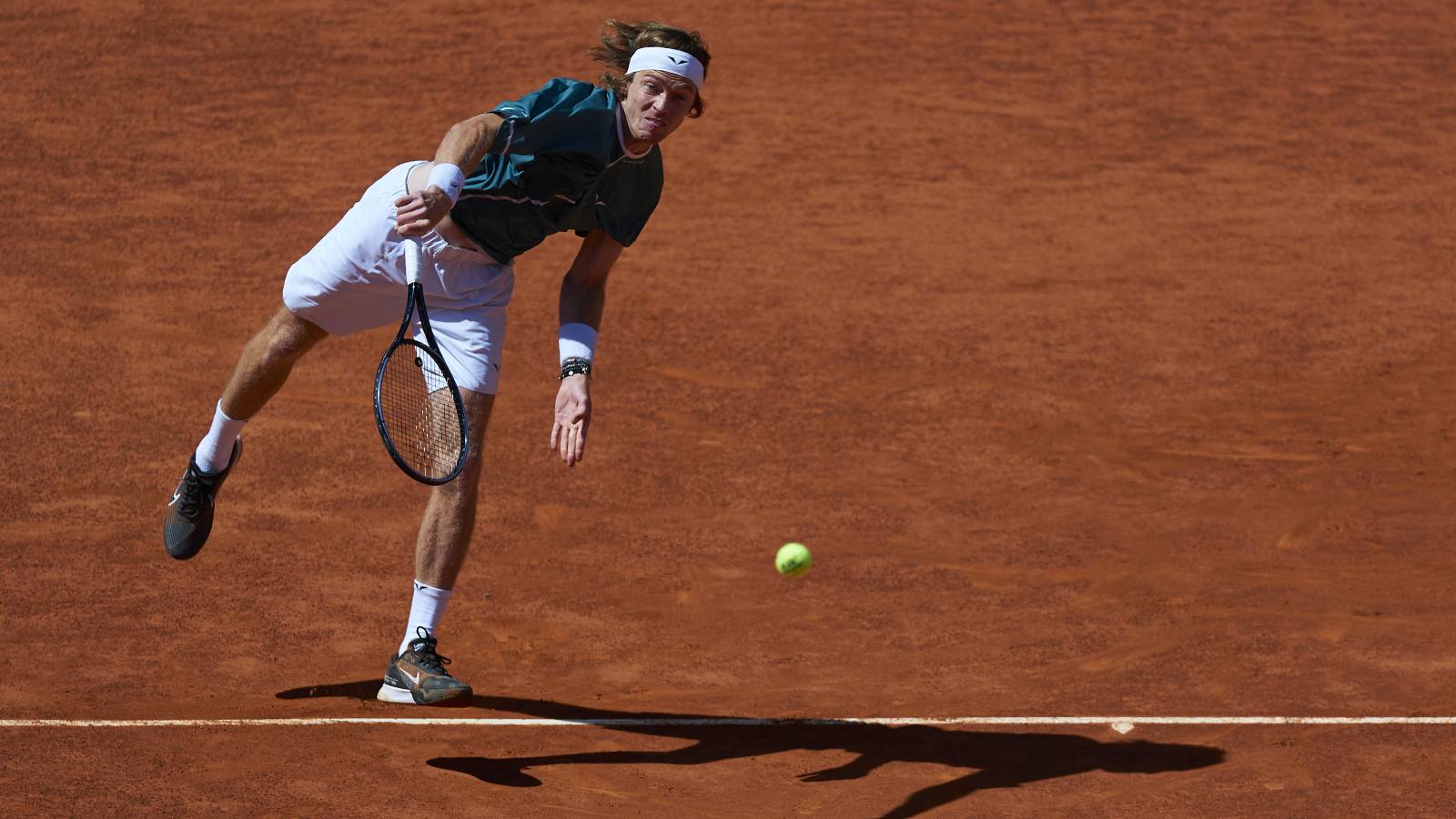Lenny Henry's Caribbean Britain: air date, trailer, interview and all we know
In Lenny Henry's Caribbean Britain, the actor, comic and knight of the realm celebrates the best of British-Caribbean life.
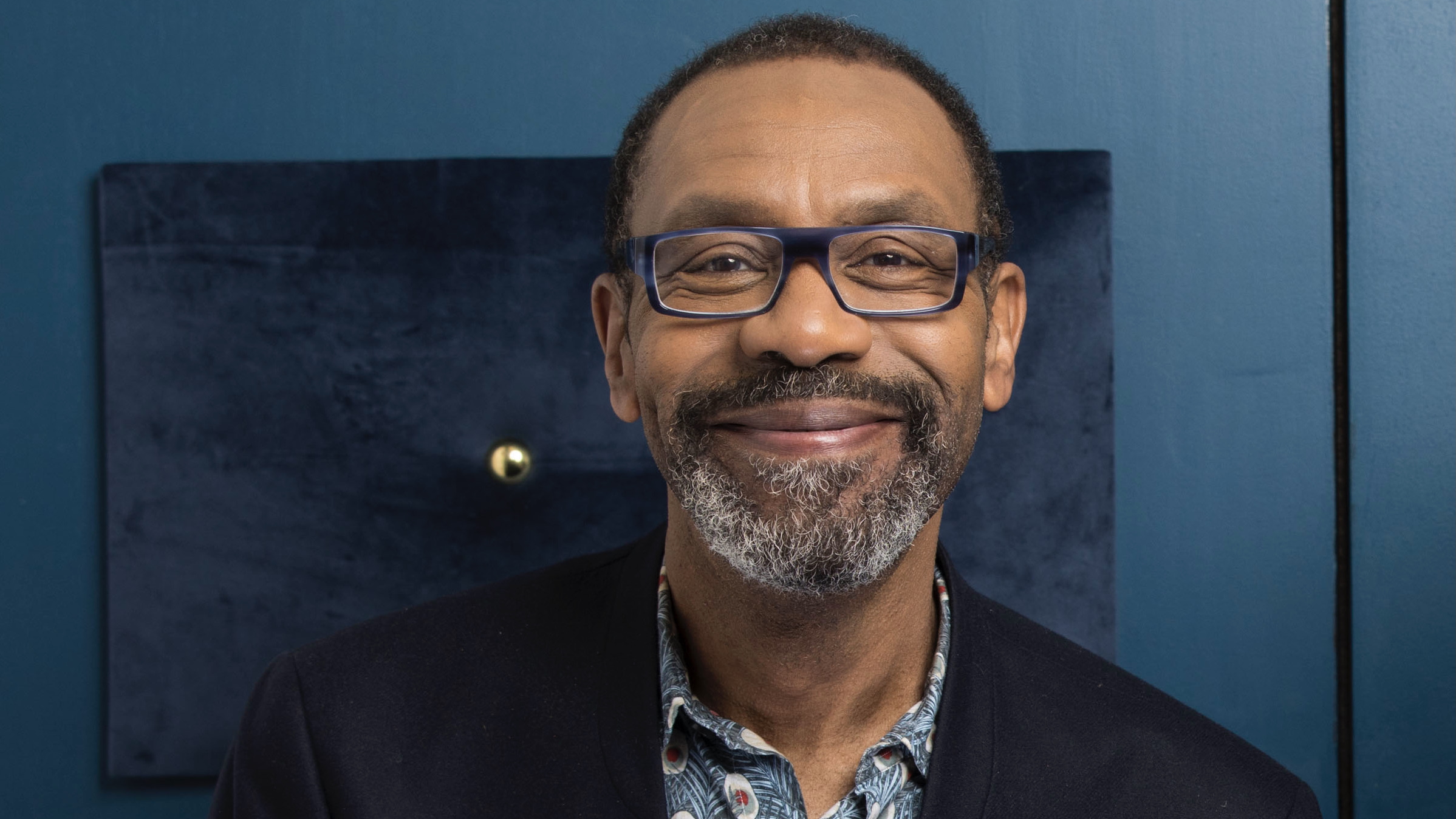
Brought up in the Midlands in a Jamaican household, the young Lenworth Henry was exposed to a mix of British and Caribbean cultures that would shape his life and career.
From doing impressions of Frank Spencer as a comedy ‘turn’ to creating hilarious black British and Jamaican comedy characters in his own, long-running TV series, Lenny is now taking a look at the interaction between these two worlds, from calypso and ska to black theatre, activism and art in his new documentary, Lenny Henry's Caribbean Britain.
Along the way, he’ll be talking to some famous faces, including actor David Harewood, comedian Judi Love, singer Billy Ocean and Dragons Den Reggae Sauce entrepreneur Levi Roots, who’ll share their experiences of life as a black Briton.
Lenny Henry's Caribbean Britain — air date
The two-part series Lenny Henry's Caribbean Britain will be shown on BBC Two from Wednesday, June 22 at 9pm. It will also be available on BBC iPlayer.
Lenny Henry's Caribbean Britain — Lenny tells us all about is new show
Talking to us from a Caribbean restaurant in north London, a smiling Sir Lenny takes us on a whistle-stop tour around Lenny Henry’s Caribbean Britain…
What’s your new series about, Lenny?
"This is about Britain from 1957 onwards, and how people coped with diaspora. We’ve got comedian Judi Love, actress Carmen Monroe, Soul II Soul musician Jazzy B, and everything from Grime music to the TV show Love Thy Neighbour… It's meant to be an enjoyable two hours of television — a walk down memory lane, with some history thrown in."
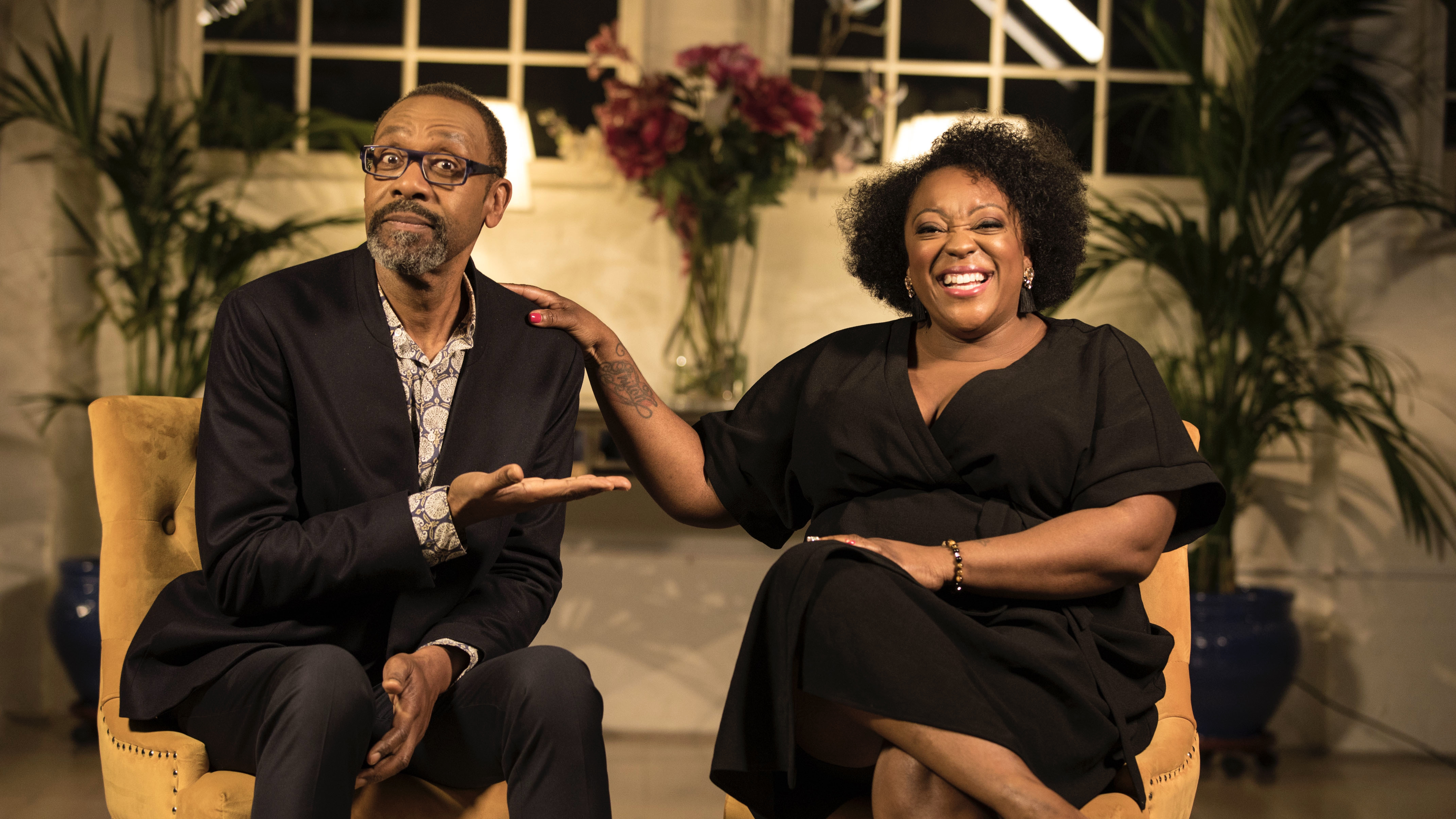
You were the first person in your family to be born in the UK. How Jamaican was your upbringing?
"We spoke with the Jamaican dialect in our house, ate Jamaican food, and acted Jamaican. Then, when I was about seven, my mum said: ‘Everybody must “hintegrate” [with the British]! Eat their food, watch their TV programmes, listen to their music!’ And so I went out and tried to make friends and integrate with white people."
What sort of cultural influences did you absorb?
"I've got to listen to Bob Dylan and Simon and Garfunkel, and dance to David Bowie, as well as the Motown, soul music and reggae that I already loved. It was this gentle immersion in British culture – which wasn’t so gentle, because I was British anyway!"
You look at the racism Caribbean immigrants and their families faced. How have attitudes changed over your lifetime?
"Back in the day, my mum was prepared to defend her family with her fists. My brother used to get attacked in the streets when he first arrived. One of the most racist election campaigns in the world happened in Smethwick, three miles from where I was born, with the slogan: ‘If you want an “n'' word for a neighbour, vote Liberal or Labour’. People would spit at you. There's still stuff going on, with stop and search, but we're able to deal with it in a better way. So there has been some progress."
You look at the culture of house parties known as ‘blues parties’ or ‘rent parties’. Did you have them in your home?
"Yes! You’d get home from school, there’d be no furniture downstairs, and you’d think: ’They moved out and haven't told me!’ Then you’d notice that all the furniture was upstairs, and these blokes would arrive with huge, wardrobe-sized speakers, and put them in the front room!"
Who were the black comedians you saw on TV growing up?
"Charlie Williams, Sammy Thomas, Jos White, Kenny Lynch – and that was it! And from Charlie’s example, I knew there was a certain type of joke that always got a laugh, and it was the joke against yourself. He’d say: ‘If you don't laugh, I'll come and move in next door to you!’"
Who were the biggest influences on your comedy?
"Initially Tommy Cooper, Eric and Ernie and Mike Yarwood. As I got older, Richard Pryor, Bill Cosby, Steve Martin, Robin Williams — people who didn't do jokes that were self-denigrating. So mainly a lot of American stars, because that's where the brilliant black comics were. There weren't really any over here."
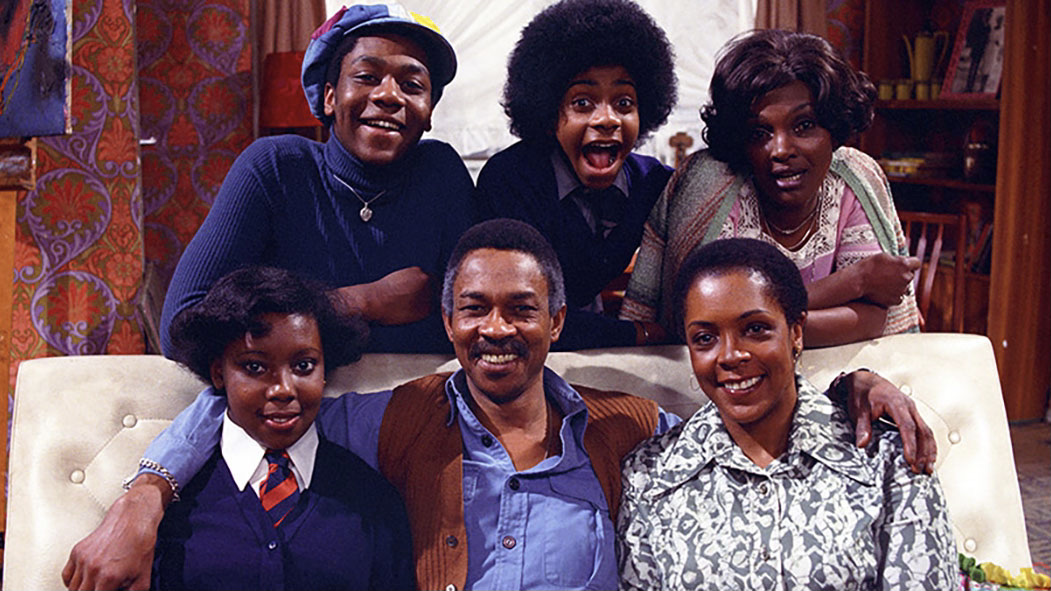
You appeared in ITV’s 1970s black sitcom The Fosters. How important was that show?
"It was huge because, for all its flaws, it was the first ever all-black sitcom — about a black family in Peckham — that had been seen on British television. And it was all stories from the point of that family. They weren’t the butt of the joke, they were the ones making the joke. And the first series would regularly get 25 million viewers a week!"
What other shows stand out in terms of black British culture?
"We've had 1980s Channel 4 sitcoms Desmond's and No Problem, which was made by the Black Theatre Co-operative and was also ground-breaking. Creatives getting to tell their own stories, without other people chipping in and saying: ‘You should tell it like this.’ Steve McQueen's Small Axe [a 2020 BBC series about the history of West Indian immigrants in London] was unapologetically black and British. Lots of people had never seen that kind of show before, and their minds were blown!"
You talk about the 1980s being a critical period in terms of British-Caribbean integration. What was happening for you?
"In the 1980s I got my own television series, so that flipped everything for me. Up until then I'd been in other people's shows, like Tiswas and Three of a Kind."
How did your act change when you got your own show?
"Previously I’d come on stage and done impressions of Tommy Cooper, Frank Spencer, Max Bygraves, Muhammad Ali. We wanted to share realistic stories about growing up in Britain as a young black man. There were loads of stories about my mum, which is what people remember. So that's what we did, and it worked."
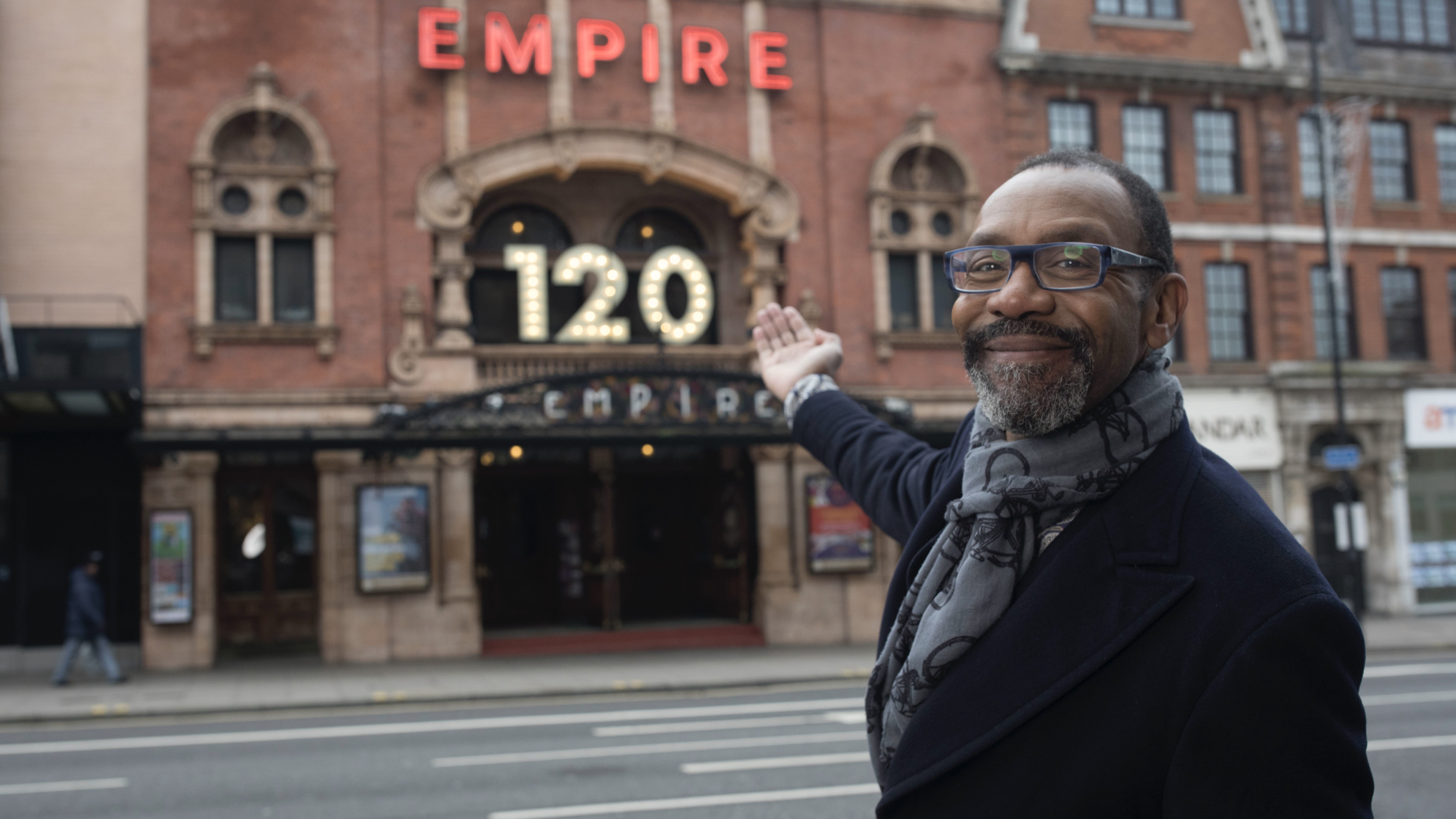
Do you feel you’ve been a big influence on subsequent generations of black comics?
"If I hadn't shown that you could do a show about black culture, broadcasters would be a bit worried about giving somebody a chance. But now people like Mo Gilligan, Big Narstie and Big Zuu are able to express their culture through whichever medium they want. [In a Jamaican accent] ‘I want to talk to the youngsters and then they’ll learn something'. I’ve literally become Deakus [his Jamaican pensioner character from The Lenny Henry Show] in the last five years!"
You were born in Dudley. What was it like for you going to visit Jamaica?
"It's literally like being plugged into the national grid! The music, the sights and sounds, the clothes people wear, how they have their hair, how they talk to you in the street. It reminded me of my own family, but times 10!"
Looking back, would you have done anything differently career-wise?
"You can't go back, and there are no do-overs, so I don't regret anything. In some ways, I wish I had been around to say to that kid: ‘Don't do that!’ But actually, it's part of life. We have to go through bad things and fail to get to where we need to get to. There's a saying by playwright Samuel Beckett. ‘Ever failed… Fail again, fail better.’"
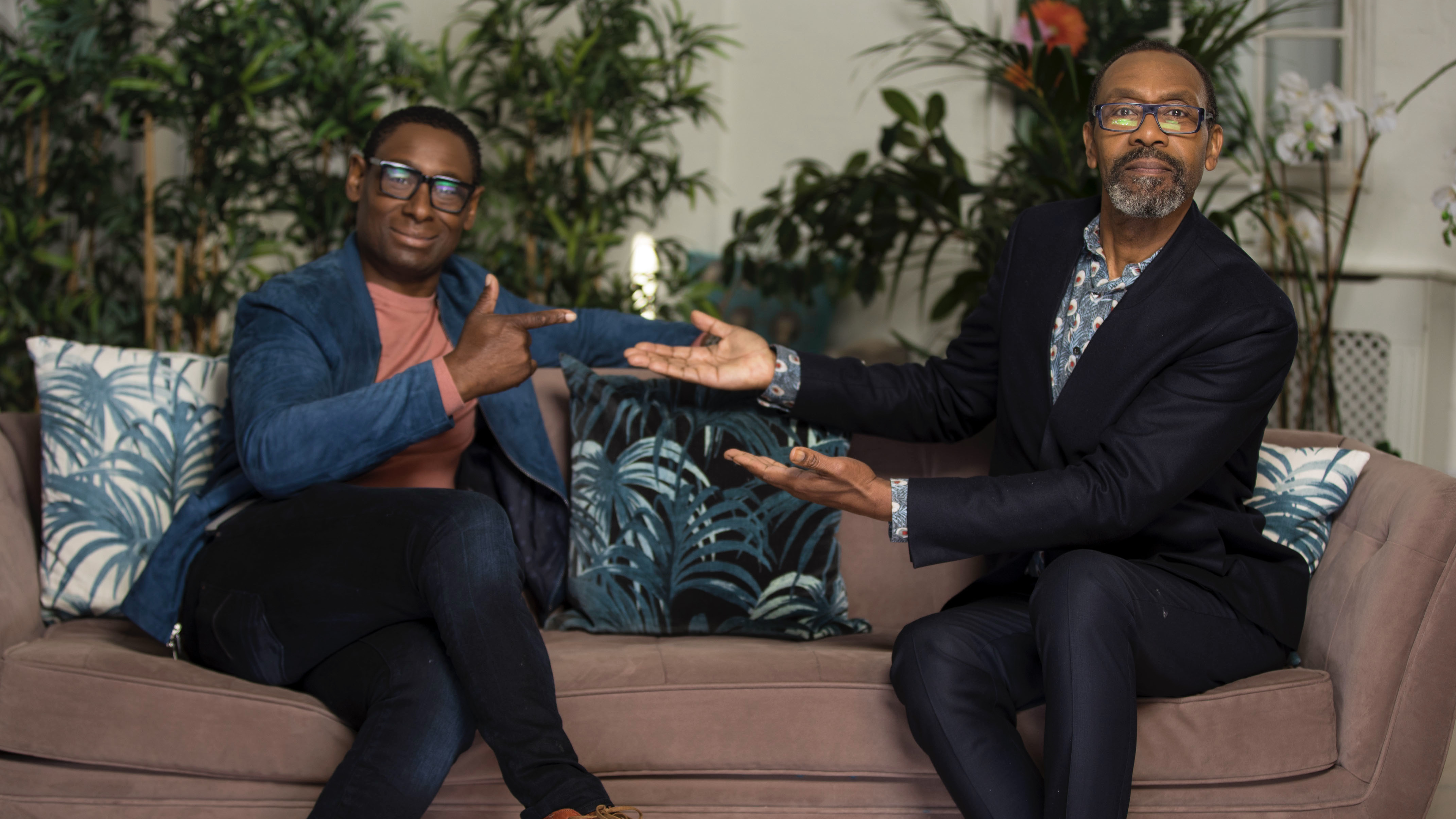
Lenny Henry’s Caribbean Britain — is there a trailer?
Yes! The trailer sees Lenny talking about how proud he is of his culture and how it has shaped the Britain we all know and love today. There is also a sneak peak at some of the celebrities he will be talking to in his documentary...
Get the What to Watch Newsletter
The latest updates, reviews and unmissable series to watch and more!
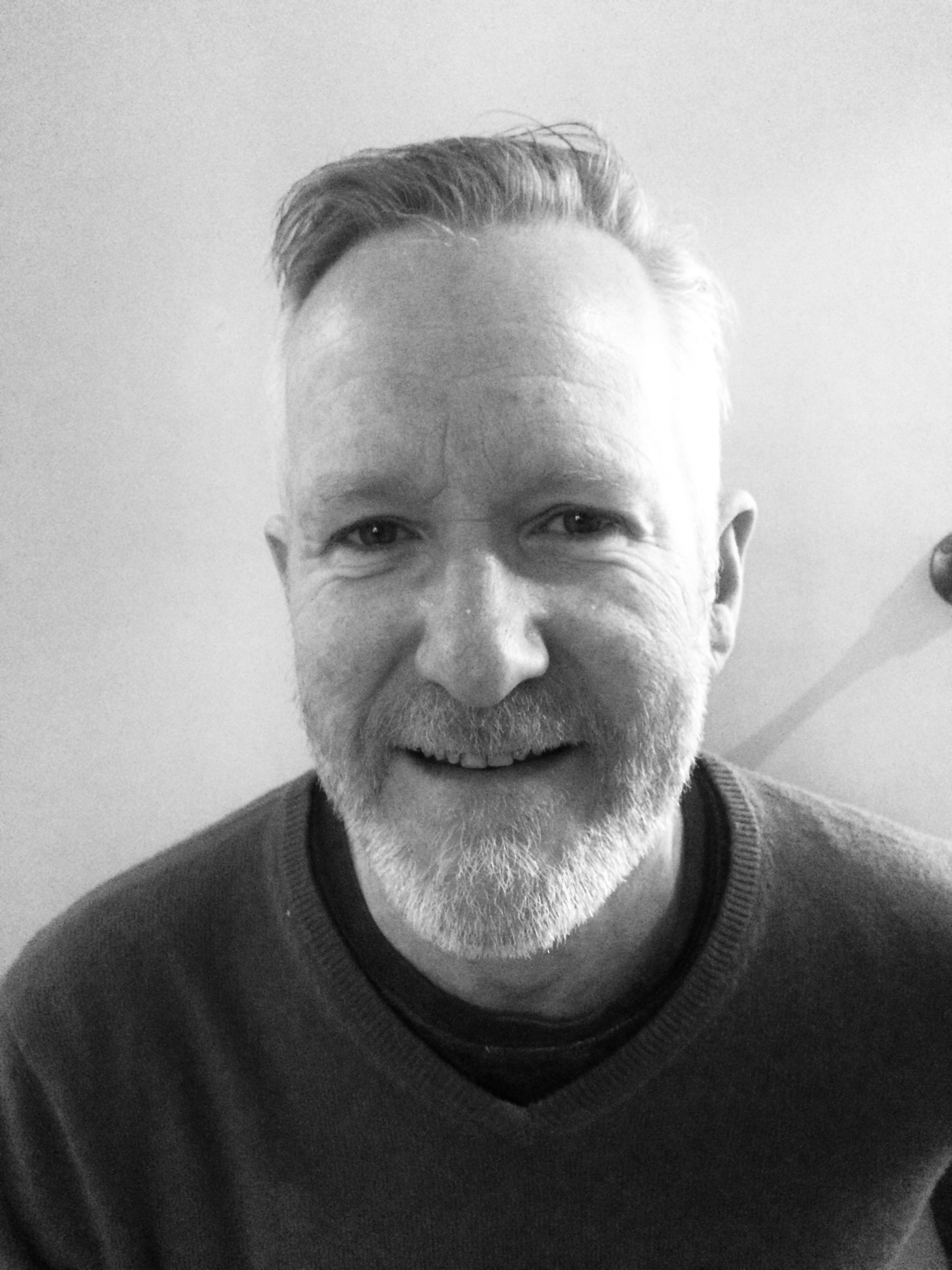
Ian writes about TV and film for TV Times, What’s on TV and TV & Satellite Week magazines. He co-hosts the weekly TV streaming podcast, Bingewatch.
